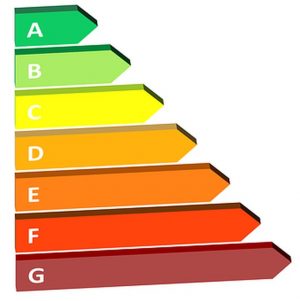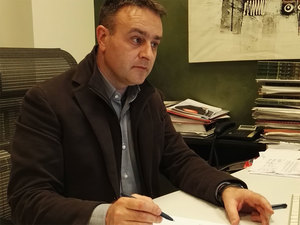 GE announced two days ago a significant expansion of its suite of Predix -based software for power producers, grid operators and energy managers.
GE announced two days ago a significant expansion of its suite of Predix -based software for power producers, grid operators and energy managers.
GE’s latest release of Digital Power Plant software for gas, steam and nuclear plants features new tools to help customers reduce unplanned downtime by up to 5 percent, reduce false positive alerts by up to 75 percent and reduce operations and maintenance costs by up to 25 percent. It also includes software that provides power producers with accurate and timely plant operating capacity information which energy traders can use to generate incremental revenues.
Also unveiled today, the Digital Hydro Plant is GE’s fourth major Predix-based Digital Power Plant solution. The Digital Hydro Plant extends GE’s digital solutions to the hydropower vertical with possible benefits including up to 10 percent reduced maintenance costs, 1 percent increase in plant availability and up to 3 percent increased revenue.
Eight percent of all generated electricity never reaches its intended customer due to grid outages1. To address this challenge, GE has introduced a new set of Intelligent Digital Substation solutions for the electrical grid. These solutions include GE’s asset monitoring & diagnostics and automation applications, based on its DS Agile Digital Control System. GE’s Intelligent Digital Substations improve maintenance scheduling, optimize asset utilization, prevent failures and increase reliability of electrical grids by reducing power outage probability and duration.
Finally, a new intelligent energy management tool from Current, powered by GE, will help managers of commercial and industrial facilities use energy more efficiently.
“In just the past year, we’ve seen more than 30 international, state and private power producers and utilities begin their digital journeys with GE,” said Ganesh Bell, chief digital officer, GE Power. “Today’s announcements represent another major step forward in the digitalization of the industry. I believe we will look back on 2016 as a tipping point when digital transformation went mainstream.”
Source: genenewsroom.com





























